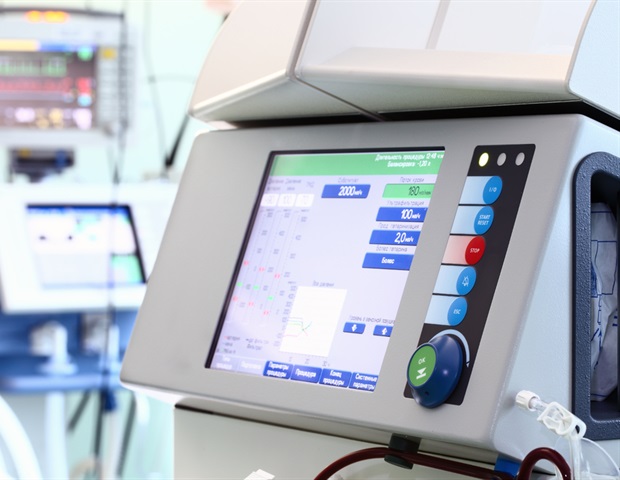FINDINGS A UCLA-led team has developed a machine-learning model that can predict with a high degree of accuracy the short-term survival of dialysis patients on Continuous Renal Replacement Therapy (CRRT). BACKGROUND CRRT is a therapy used for very sick hospitalized patients whose health status makes them ineligible for regular hemodialysis. It is a gentler therapy that provides continuous treatment over a prolonged period.
About half of adults placed on CRRT, however, do not survive, rendering the treatment futile for both patients and their families. METHOD To help doctors decide whether a patient should start CRRT, the researchers developed a machine-learning model that uses data from thousands of patients' electronic health records to predict their chances of surviving the therapy. IMPACT The findings provide a data-driven tool to assist in clinical decision-making.

This tool incorporates advanced machine-learning techniques to analyze a large and complex set of patient data, which was previously challenging for doctors to do. The study demonstrates how integrating machine-learning models into healthcare can improve treatment outcomes and resource management. COMMENT "CRRT is often used as a last resort, but many patients do not survive it, leading to wasted resources and false hope for families," said Dr.
Ira Kurtz, chief of the UCLA Division of Nephrology and the study's senior author. "By making it possible to predict which patients will benefit, the model aims to impro.
















